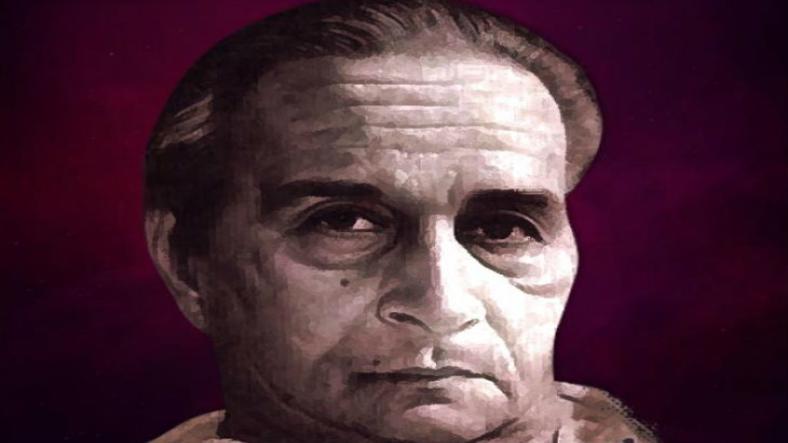Harishankar Parsai (1924-1995) is celebrated as one of India’s most influential satirists and social commentators. His wit, humor and incisive critique of contemporary society earned him a prominent place in modern Hindi literature.
Parsai’s works provide a reflective mirror to the societal norms, political dynamics and human follies of his time, making him a revered figure in Indian literary circles.
Early Life and Background
- Birth and Education: Born on August 22, 1924, in Jabri, a small village in Madhya Pradesh, India, Harishankar Parsai grew up in a modest environment. He pursued his education at the local schools and later attended Sagar University, where he obtained a degree in Hindi literature.
- Early Career: Before becoming a renowned writer, Parsai worked as a schoolteacher and journalist. His diverse experiences in education and journalism significantly influenced his writing style and thematic concerns.
Literary Career
- Satire and Humor: Parsai is best known for his sharp and insightful satire. His writing skillfully blends humor with critical social commentary, addressing issues like bureaucracy, corruption, social injustice and human hypocrisy. His ability to use satire to reflect societal realities and challenge conventions set him apart as a unique literary voice.
- Notable Works: Parsai's notable works include "Viklaang Shriman" (Handicapped Mr.), "Raja Kahar" (King Kahar) and "Chadha Aur Uski Jannat" (Chadha and His Paradise). These collections of short stories and essays illustrate his keen observation of social dynamics and his mastery of satire.
- Themes and Style: Parsai's writing often explores themes related to the absurdities of everyday life, the failures of political systems and the contradictions inherent in human behavior. His style is characterized by a blend of humor, irony and straightforward language, making complex social critiques accessible to a broad audience.
Awards and Recognition
- Literary Honors: Throughout his career, Parsai received several awards and accolades for his contributions to literature. These included recognition from literary institutions and fellow writers who admired his unique approach to satire and social commentary.
- Influence: Parsai's works have had a lasting impact on Hindi literature and satire. His influence extends to contemporary writers and satirists who continue to draw inspiration from his style and thematic concerns.
Cultural Impact
- Social Critique: Parsai's satirical writing provided a critical lens through which readers could examine and question societal norms and political practices. His ability to address sensitive issues with humor and insight made his work both engaging and thought-provoking.
- Legacy: Harishankar Parsai's legacy endures through his writings, which remain relevant for their commentary on social issues and their contribution to the genre of satire in Indian literature. His works continue to be studied and appreciated for their literary merit and their reflections on societal realities.
Personal Life and Philosophy
- Humility and Integrity: Despite his significant literary achievements, Parsai was known for his humility and integrity. His personal philosophy emphasized truthfulness and a commitment to addressing social issues through his writing.
- Perspective on Literature: Parsai viewed literature as a means of societal reflection and reform. He believed that writers had a responsibility to critique and challenge societal norms, using their work to promote awareness and change.
Conclusion
Harishankar Parsai's contributions to Hindi literature and satire have solidified his position as a prominent literary figure. His sharp wit, engaging humor and insightful social commentary have left an indelible mark on Indian literature. Parsai's works continue to resonate with readers, offering a lens through which to view and critique the complexities of modern society. His legacy endures through his writings and the influence he has had on the genre of satire in Indian literature.
Thanks for reading the article, for more great peoples related articles read our peoples blog articles.










